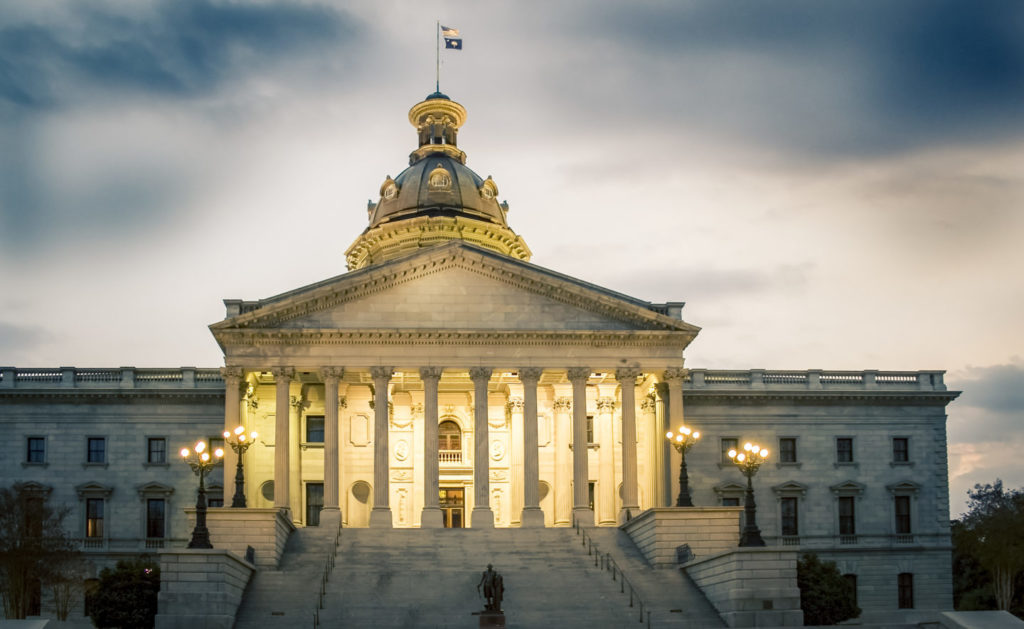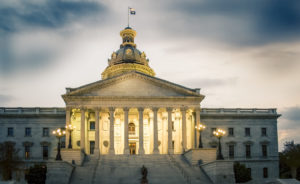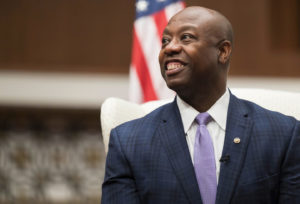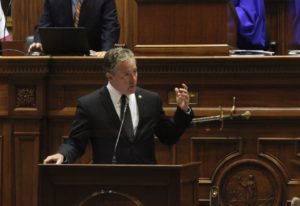South Carolina Senate could consider education scholarships
(The Center Square) — The South Carolina Senate could vote this week on legislation that includes scholarships for low-income students.
The bill, S.39, sponsored by state Sen. Larry Grooms,…

(The Center Square) — The South Carolina Senate could vote this week on legislation that includes scholarships for low-income students.
The bill, S.39, sponsored by state Sen. Larry Grooms, R-Bonneau, would create an Education Scholarship Trust Fund, and eligible elementary and secondary students — those with “a statement of Medicaid eligibility,” per the bill — would receive scholarships starting at $6,000 per student. The amount would adjust upward in subsequent years based on the “state allocated revenue per pupil.”
According to a fiscal estimate from the South Carolina Revenue and Fiscal Affairs Office, the measure could require $30 million for up to 5,000 scholarships in the 2023-24 school year. That would increase to nearly $62.8 million for 10,000 scholarships and nearly $98.6 million for 15,000 scholarships in the 2025-26 school year and subsequent years.
The bill could increase S.C. Department of Education revenue starting in fiscal 2023-24. The revenue is expected to exceed $2.9 million annually starting in fiscal 2025-26, though the precise number could vary based on expenditures and revenues.
However, the state revenue office could not determine the bill’s “expenditure impact” on local school districts.
Meanwhile, a South Carolina Policy Council poll, conducted Jan. 17-19, of 637 likely Palmetto State voters revealed 60% approve of the school choice legislation while only 30% disapproved. Additionally, the poll revealed that more voters strongly approved (32%) than strongly disapproved (16%).
“Passing educational choice options for parents is widely popular in South Carolina among all ages, races, genders and political persuasions,” Dallas Woodhouse, executive director of the South Carolina Policy Council, said in a release. “There are few other pieces of legislation that the General Assembly could pass that would be as broadly supported as this bill.”
In his inaugural address earlier this month, South Carolina Gov. Henry McMaster, a Republican, touted the need for additional public education investments and called on updating the state’s K-12 funding and raising pay for teachers.



